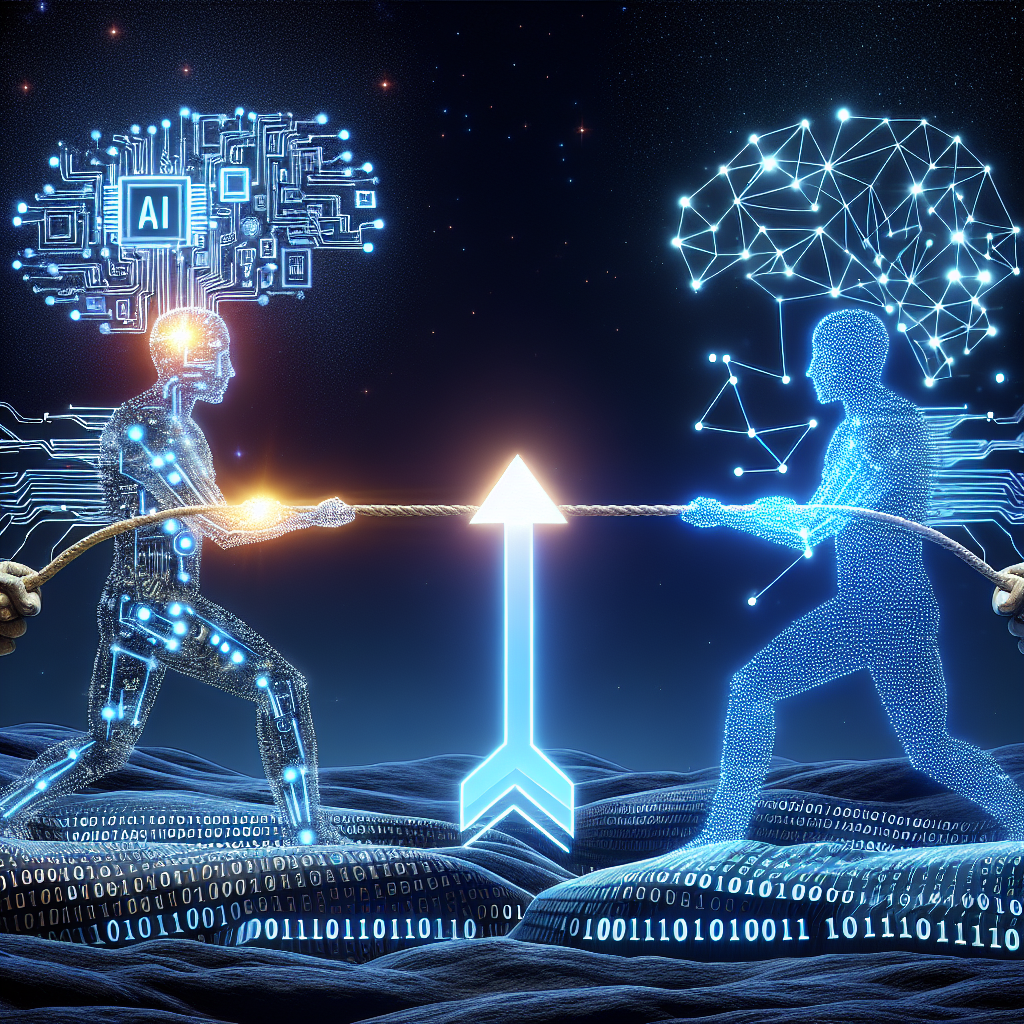AI vs ML: Which Technology is More Predictive?
Artificial Intelligence (AI) and Machine Learning (ML) are two cutting-edge technologies that have revolutionized the way we interact with machines and make decisions. Both AI and ML have made significant advancements in predictive analytics, enabling businesses to make more informed decisions and optimize their operations. However, there is often confusion about the differences between AI and ML, and which technology is more predictive. In this article, we will explore the key differences between AI and ML and discuss which technology is more predictive.
AI vs ML: What’s the Difference?
Artificial Intelligence (AI) is a broad concept that refers to the development of machines and systems that can perform tasks that typically require human intelligence, such as speech recognition, decision-making, and problem-solving. AI systems are designed to learn from experience, adapt to new inputs, and perform tasks without being explicitly programmed to do so.
Machine Learning (ML), on the other hand, is a subset of AI that focuses on developing algorithms and models that can learn from data and make predictions or decisions based on that data. ML algorithms use statistical techniques to identify patterns and relationships in data, and then use those patterns to make predictions or decisions.
In essence, AI is the overarching concept that encompasses a wide range of technologies and applications, while ML is a specific subset of AI that focuses on developing predictive models based on data.
Which Technology is More Predictive?
When it comes to predictive analytics, both AI and ML have their strengths and weaknesses. AI systems are generally more complex and sophisticated than ML models, as they are designed to mimic human intelligence and perform a wide range of tasks. AI systems can analyze large volumes of data, identify patterns and trends, and make predictions or decisions based on that data.
On the other hand, ML models are more focused on developing predictive models based on specific data sets. ML models use statistical techniques to identify patterns and relationships in the data, and then use those patterns to make predictions or decisions. ML models are often used in specific applications, such as fraud detection, recommendation systems, and predictive maintenance.
In terms of predictive accuracy, both AI and ML technologies have proven to be highly effective in a wide range of applications. AI systems are often used in complex and dynamic environments where human intelligence is required, such as autonomous vehicles, natural language processing, and medical diagnosis. ML models, on the other hand, are often used in more structured and repetitive tasks, such as financial forecasting, customer segmentation, and inventory management.
Overall, the choice between AI and ML technologies depends on the specific application and the complexity of the problem being solved. In general, AI systems are more predictive in complex and dynamic environments, while ML models are more predictive in structured and repetitive tasks.
FAQs
Q: What are some real-world examples of AI and ML applications?
A: Some real-world examples of AI applications include virtual assistants like Siri and Alexa, self-driving cars, and facial recognition systems. Examples of ML applications include recommendation systems like Netflix’s movie recommendations, fraud detection systems in banking, and predictive maintenance systems in manufacturing.
Q: What are the key differences between AI and ML?
A: The key difference between AI and ML is that AI is a broad concept that encompasses a wide range of technologies and applications, while ML is a specific subset of AI that focuses on developing predictive models based on data. AI systems are designed to perform tasks that typically require human intelligence, while ML models use statistical techniques to make predictions or decisions based on data.
Q: Which technology is more predictive: AI or ML?
A: Both AI and ML technologies have proven to be highly predictive in a wide range of applications. AI systems are more predictive in complex and dynamic environments, while ML models are more predictive in structured and repetitive tasks. The choice between AI and ML technologies depends on the specific application and the complexity of the problem being solved.
In conclusion, both AI and ML technologies have made significant advancements in predictive analytics, enabling businesses to make more informed decisions and optimize their operations. While AI systems are more complex and sophisticated, ML models are more focused on developing predictive models based on specific data sets. Ultimately, the choice between AI and ML technologies depends on the specific application and the complexity of the problem being solved.

